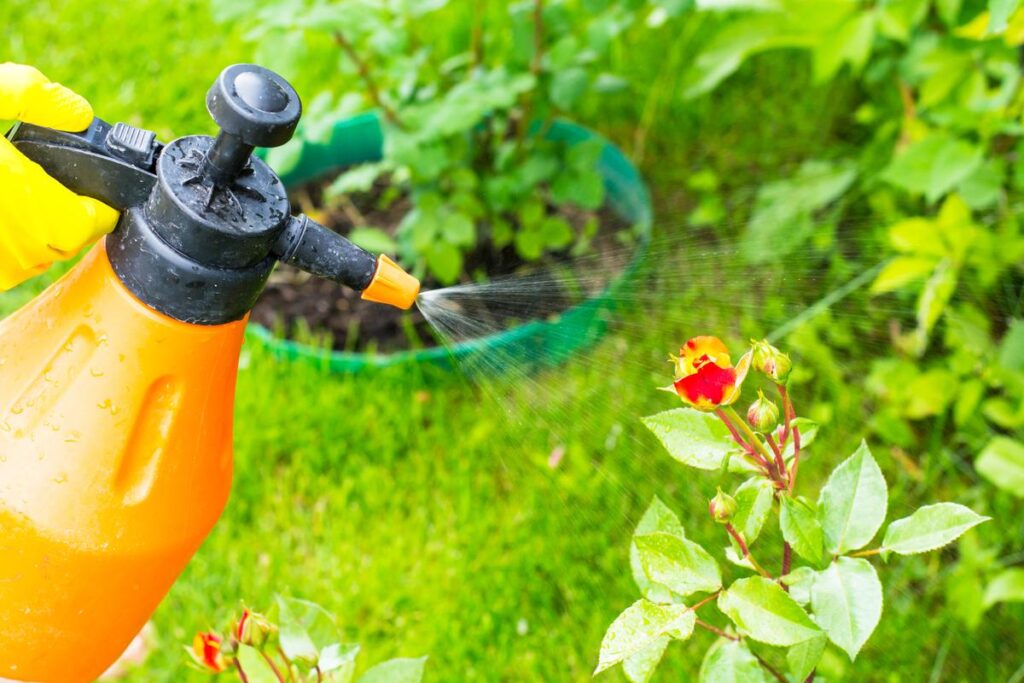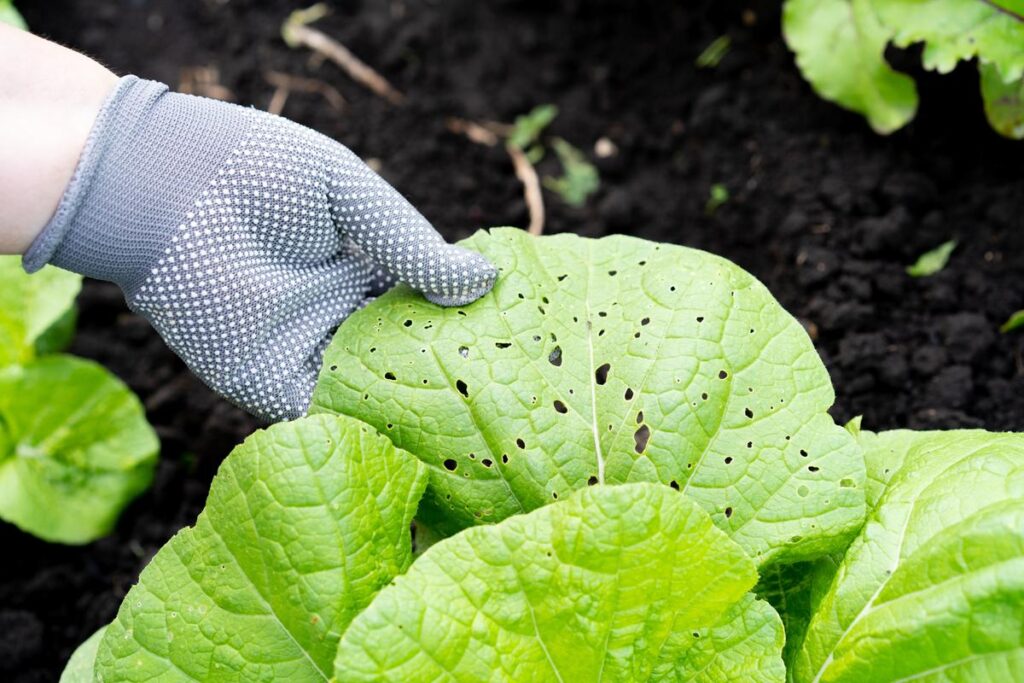Overview of natural pest control methods for the garden
When considering natural pest control methods for your garden, several options can prove effective in managing unwanted visitors without resorting to synthetic chemicals. One prominent method is companion planting, where certain plants are grown together to repel pests or attract beneficial insects that prey on them. The use of physical barriers, such as row covers or netting, can also deter pests from accessing vulnerable plants. Additionally, introducing predator insects like ladybugs or lacewings can establish a natural balance in the ecosystem, keeping pest populations in check. Another common approach is utilizing homemade sprays made from ingredients like neem oil, garlic, or chili pepper, which can act as deterrents or insecticides. Garden Without Pesticides
Benefits of using natural solutions over pesticides
Opting for natural pest control solutions over pesticides offers numerous advantages for your garden and the environment. Firstly, natural methods are less harmful to beneficial insects, pollinators, and other wildlife, preserving the overall biodiversity of your garden. Secondly, natural solutions pose fewer risks to human health, especially when it comes to exposure through consumption of fruits and vegetables. Finally, by avoiding the use of synthetic chemicals, you contribute to creating a more sustainable and eco-friendly environment for future generations.
Beneficial Insects Garden Without Pesticides
Introduction to beneficial insects for pest control
When considering natural pest control methods for your garden, incorporating beneficial insects can be a powerful strategy. These insects play crucial roles in maintaining the balance of your garden ecosystem by preying on harmful pests. By attracting or releasing beneficial insects, you can effectively control pest populations without resorting to harmful chemicals.
Common beneficial insects and their roles in the garden Garden Without Pesticides
- Ladybugs: Known as voracious aphid eaters, ladybugs help keep aphid populations under control, protecting your plants from damage.
- Lacewings: Lacewing larvae feed on aphids, mites, and other soft-bodied insects, making them valuable allies in pest management.
- Hoverflies: Adult hoverflies pollinate plants while their larvae prey on aphids, thrips, and caterpillars, contributing to both plant health and pest control.
| Beneficial Insect | Main Role |
|---|---|
| Ladybugs | Prey on aphids |
| Lacewings | Control aphid and mite populations |
| Hoverflies | Pollinators and aphid predators |
Physical Barriers

Using physical barriers to protect plants from pests
When considering natural methods to safeguard your garden from pests, utilizing physical barriers can be a reliable approach. These barriers act as a protective shield for your plants, preventing pests from causing damage and infestations. By implementing physical barriers, you can create a barrier between your plants and potential pests, effectively reducing the need for chemical interventions and promoting a healthier garden ecosystem.
Types of physical barriers and their effectiveness
- Row Covers: These fabric covers create a physical barrier that prevents pests like caterpillars, moths, and beetles from reaching your plants. They are particularly effective against flying insects.
- Netting: Netting serves as a barrier against birds, rabbits, and larger insects. It is a versatile option that can be draped over plants or used to create enclosed spaces.
- Fences: Installing fences around your garden can deter larger pests like deer, rabbits, and even some ground-dwelling insects. Choose sturdy fencing materials to ensure effectiveness.
| Physical Barrier Type | Effectiveness |
|---|---|
| Row Covers | Effective against flying insects |
| Netting | Protects against birds and larger insects |
| Fences | Deters larger pests like deer and rabbits |
Companion Planting Garden Without Pesticides

Explanation of companion planting for pest control
When looking to enhance your garden’s pest management strategies, incorporating companion planting can be a beneficial technique. Companion planting involves strategically placing plants that benefit each other in close proximity. Some plants emit natural compounds that repel pests or attract beneficial insects, creating a harmonious ecosystem that reduces the need for chemical pesticides. By interplanting specific combinations of plants, you can effectively control pests and foster a healthier garden environment. Garden Without Pesticides
Popular companion plant combinations for a pest-free garden
- Marigolds and Tomatoes: Marigolds emit a scent that deters pests like nematodes, while also attracting pollinators beneficial for tomatoes.
- Basil and Tomatoes: Basil repels mosquitoes, flies, and spider mites that can harm tomatoes, improving their overall health.
- Lavender and Rosemary: These aromatic herbs repel moths, fleas, and mosquitoes, protecting nearby plants from damage. Garden Without Pesticides
| Companion Plant Combination | Benefits |
|---|---|
| Marigolds and Tomatoes | Deters nematodes, attracts pollinators |
| Basil and Tomatoes | Repels harmful pests, improves plant health |
| Lavender and Rosemary | Repels moths, fleas, mosquitoes |
Organic Sprays and Solutions
Homemade organic sprays for pest control
Utilizing homemade organic sprays can be a sustainable approach to managing pests in your garden. These solutions are typically made from natural ingredients like garlic, neem oil, or chili peppers, which are known for their pest-repellent properties. Creating a homemade spray involves mixing these ingredients with water and sometimes adding a mild soap as an adhesive to help the spray stick to plants. These organic sprays can effectively deter pests like aphids, caterpillars, and mites without introducing harmful chemicals into your garden ecosystem. Garden Without Pesticides
Effectiveness of organic solutions in keeping pests at bay

Organic solutions have shown remarkable effectiveness in controlling pests while supporting a healthy garden environment. Neem oil, for example, has insecticidal properties that target a wide range of pests while being safe for beneficial insects like bees and ladybugs. Garlic spray is known for repelling pests like aphids and spider mites due to its strong odor. These organic alternatives not only protect your plants from damage but also contribute to the overall biodiversity of your garden by maintaining a balance between pest control and preservation of beneficial insects.





